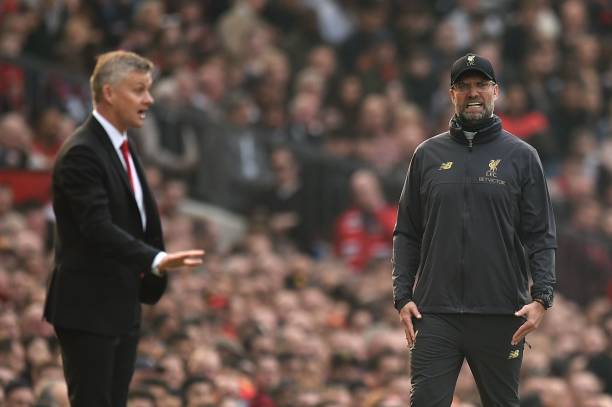
The Premier League has been trying to adapt to the new post-pandemic reality. European football was on halt for two months, and claims of ruling league seasons null and void were a real possibility, as both the French Ligue 1 and the Dutch Eredivisie terminated their seasons, canceling the remaining few games.
The English Premier League, however, came up with “Project Restart,” where the league, alongside clubs, developed a plan to have football back and finish the 2019-20 season. Thankfully, they made it.
At what costs, however?
Today, we’ll be going through the measures adopted by the Premier League, how the virus has impacted the Premier League results, and how the league has worked to assure the safety of everyone involved in a football match.
Games Behind Closed Doors
Games without fans: this was the most necessary measure to be taken by not only the Premier League but by leagues throughout the world. Following the UEFA Champions League’s Round of 16 first-leg game between Atalanta and Valencia in Italy, virus cases were raised in Bergamo, leaving thousands of casualties.
To avoid another biological bomb match, behind-closed-doors games had to be introduced, and fans were scraped out of stadiums.
Currently, there are ongoing talks about allowing up to 2,000 fans back into Premier League stadiums in December. However, nothing was made official so far, and even if it is allowed, fans will probably have to go through the same strict rules players and club staff have been enduring.
Strict Rules
One thing was made clear by authorities since the first moment: football would only return when safe to do so. There was no way that we would have the good old football back as if nothing was happening outside the grounds. The first league to be back from the pandemic was the German Bundesliga. Leagues around the world learned how to deal with the virus and followed the Germans’ steps to the point we find ourselves in at the moment.
Initially, before Project Restart, there was this idea of players playing with actual face masks to play under safer conditions. However, the idea was quickly ruled out after players complained they couldn’t breathe properly. Players were also supposed to keep a distance from each other, even from their teammates when playing on the pitch.
This rule was respected in maybe three-game weeks. After that, players started going for their traditional goal celebration, sharing hugs and handshakes. It is understandable, though. Players still have feelings and the new normal is tough sometimes.
Last but not least, we have the strictest rule. When and if a player is caught breaking lockdown rules, the league is given authority to fine them to up 200k quid. In case a player is caught twice, his club can face points reduction, as well.
What If a Player Tests Positive?
Premier League club players and staff members have to go through weekly rounds of coronavirus testing. It results in about 1,500 athletes and staff involved in the mass testing provided by the league.
It is important to mention that although the Premier League releases weekly reports informing the number of positive cases detected in the tests, the league makes sure to protect the individuals; names, leaving it up to their respective clubs.
Thus far, players have undergone 13 rounds of testing, and the number of positive cases has never surpassed the 20-infected-player mark.
Round 11 was the one with the most positive cases, with 16. However, it can be easily explained by the fact that players have been to their home countries for international football. Right now, England is under strict lockdown and these measures helped temporarily to prevent the spread of the virus. Other nations, though, go for more relaxed stances, and it can result in more cases.
Players also get tested while on international duty. In case they test positive, they need to self-isolate for ten days. Most players remain asymptomatic, and the only way to know they have contracted the virus is through testing.
If players test positive while playing for their clubs in the Premier League, they also need to remain self-isolated for 10 days and then get retested. In case everything is all right, they can return to their normal daily club activities with no problems.
Although England is one of the most hit countries in the world, the number of positive cases amongst players is low now. When clubs can keep players from traveling to their home countries for international fixtures, positive cases are close to zero per club.
The Premier League results against the pandemic are satisfactory thus far. Now that international football will be taking a five-month break, positive cases tend to remain close to zero.
